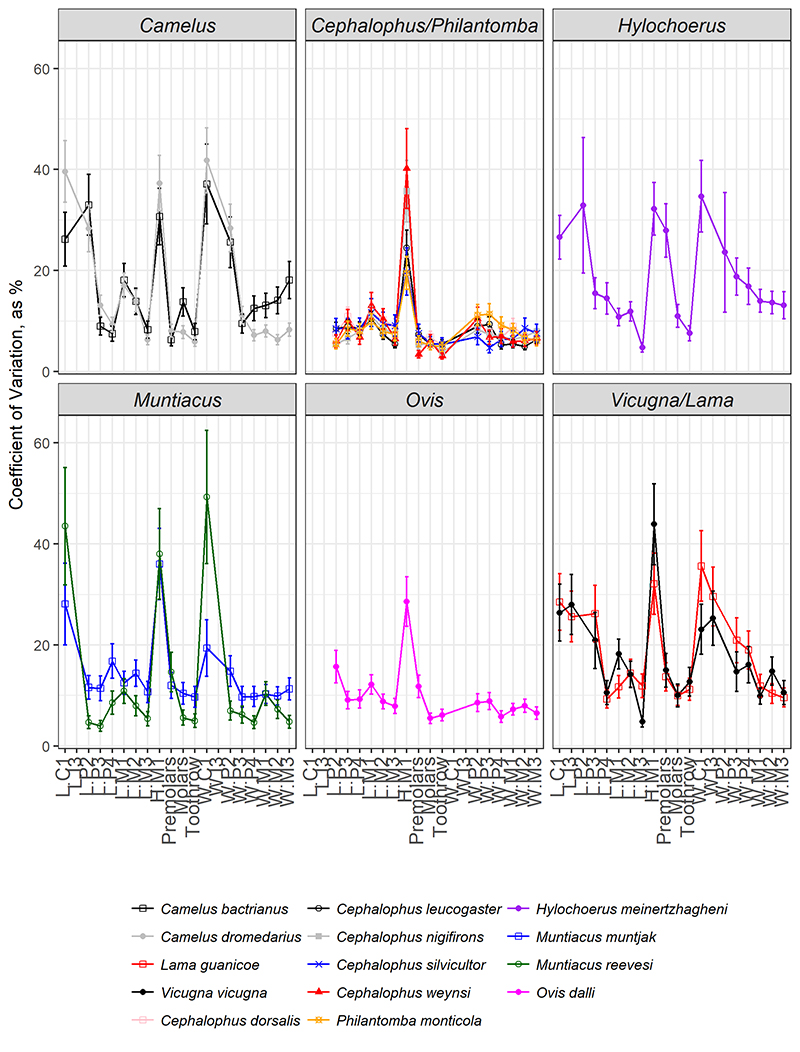FIGURE 1. Oreodont diversity through time by worker (Thorpe 1937 vs Lander 1998). Time bins show important North American climatic and ecological turnover events, including Eocene-Oligocene Extinction (EOT), beginning of grassland expansions (GE), and the Miocene climactic optimum (MCT) (Zachos et al. 2001; Strömberg 2011).

FIGURE 2. Representative data samples of the crown length and crown height in species where A. wear does not affect crown length, or B. wear does affect crown length. If wear does not occur, the relationship between length and width of teeth of multiple individuals should be tightly correlated, with an intercept of 0 (Gray, 1). If wear does occur, but the molar is uniform at length at all heights, there will be no linear relationship between length and height (Black, 1). If wear does influence length, there will be a linear relationship and a non-0 intercept (2).

FIGURE 3. Nonsignificant linear regressions of standard deviation and average.

FIGURE 4. Variation line graphs of different species, including lengths and widths. Combined samples of Camelus, Muntiacus, Lama and Vicugna, and Cephalophus leucogaster, nigrifrons, dorsalis and weynsi are also included on their respective graphs.


